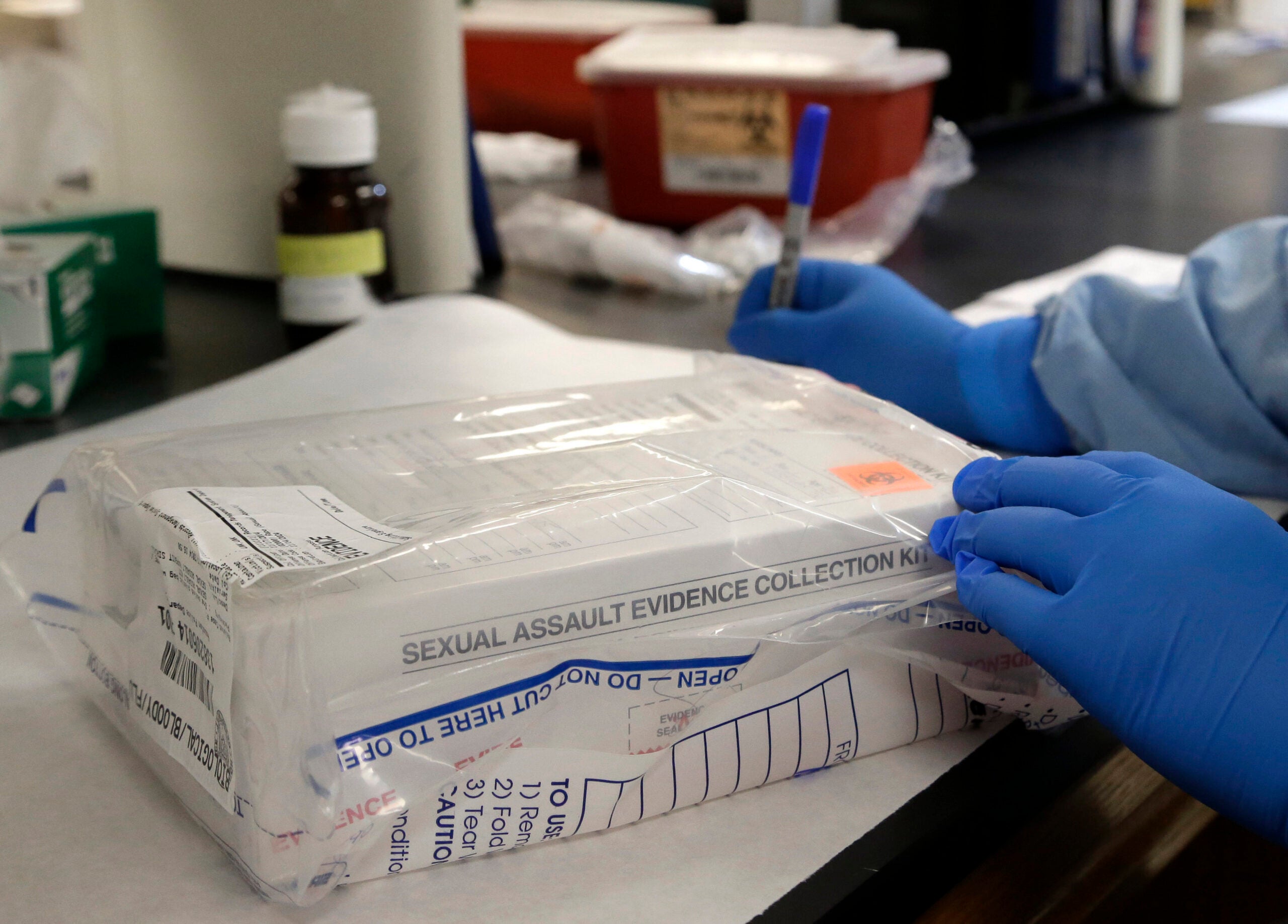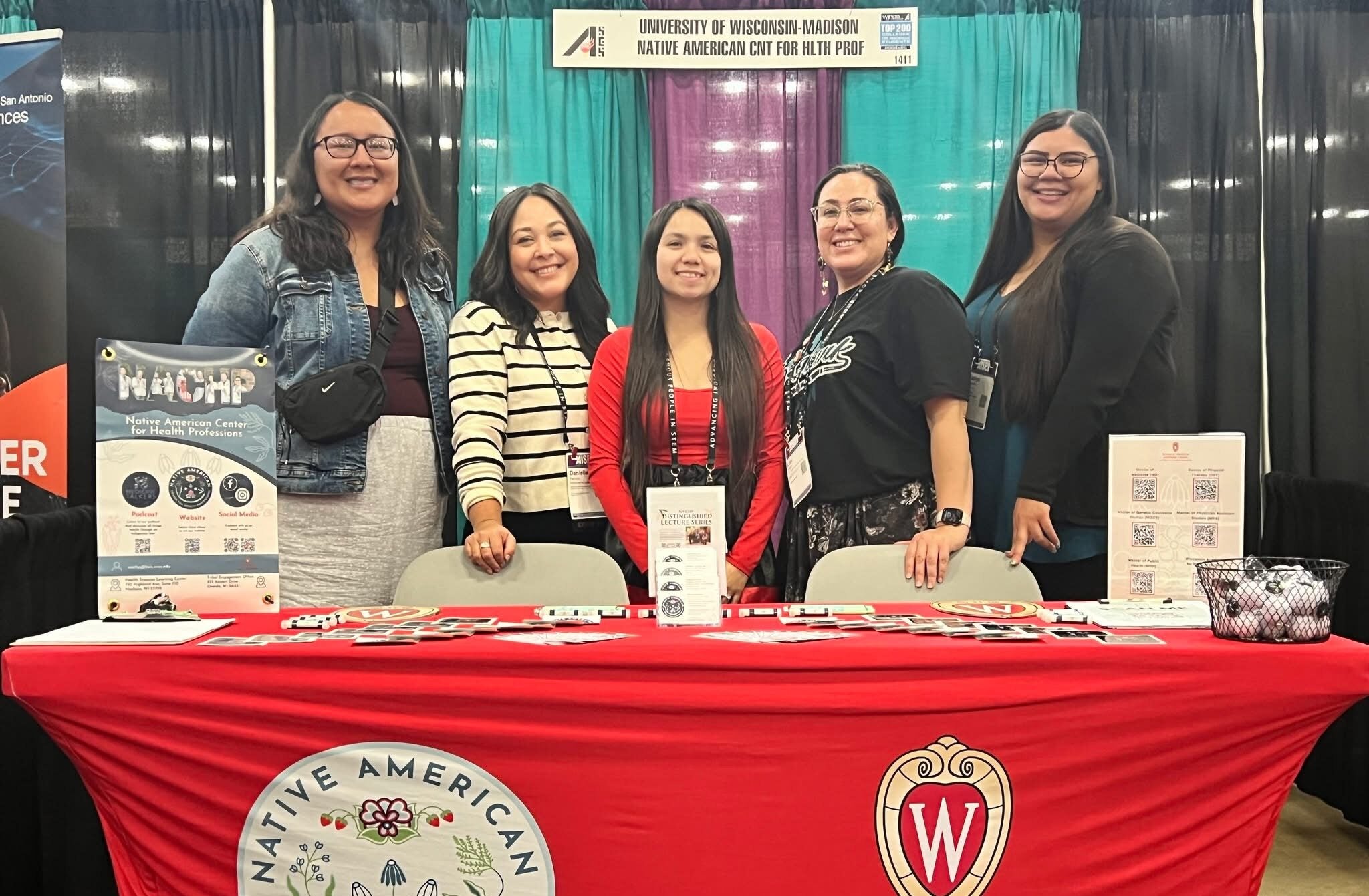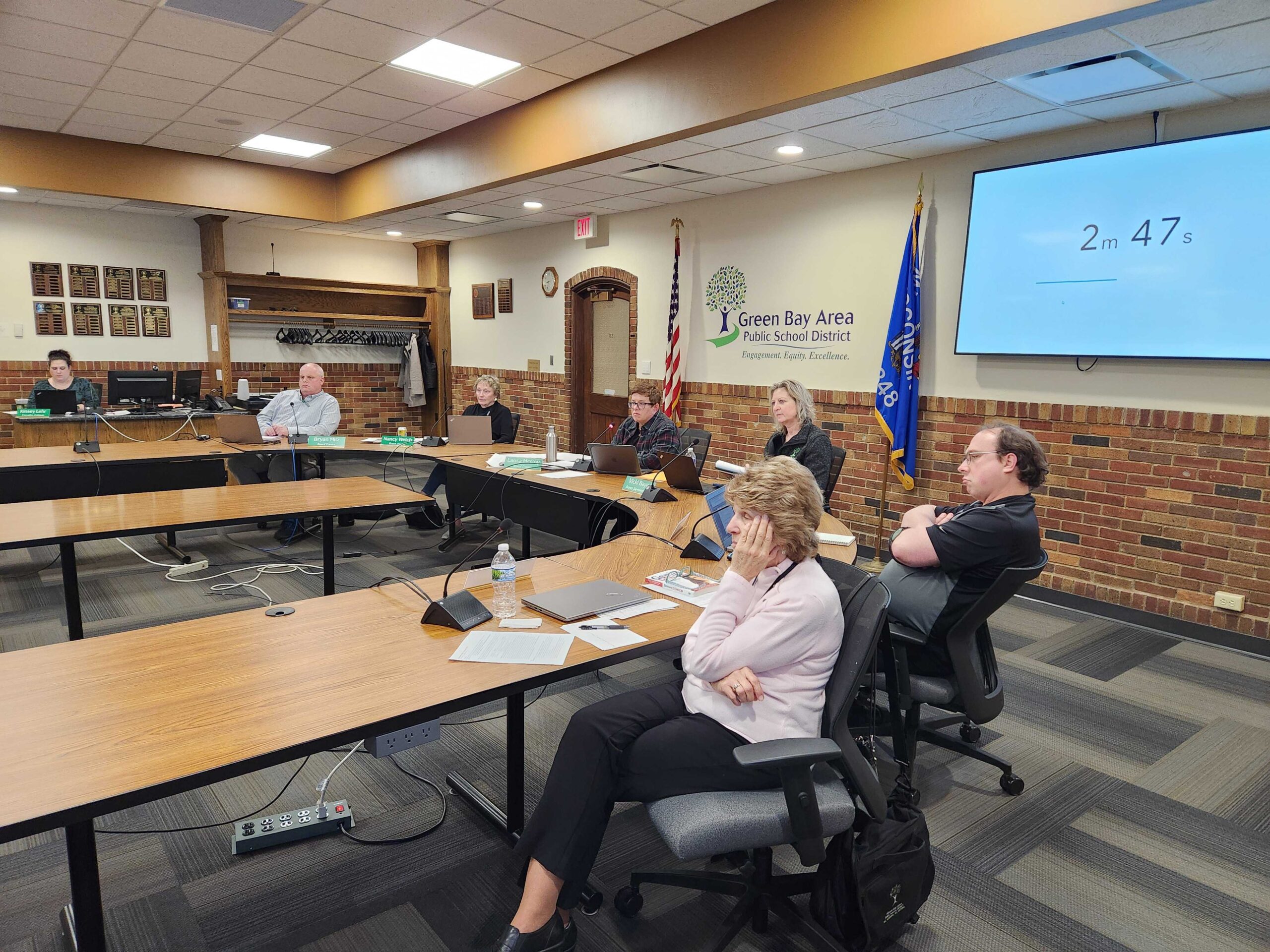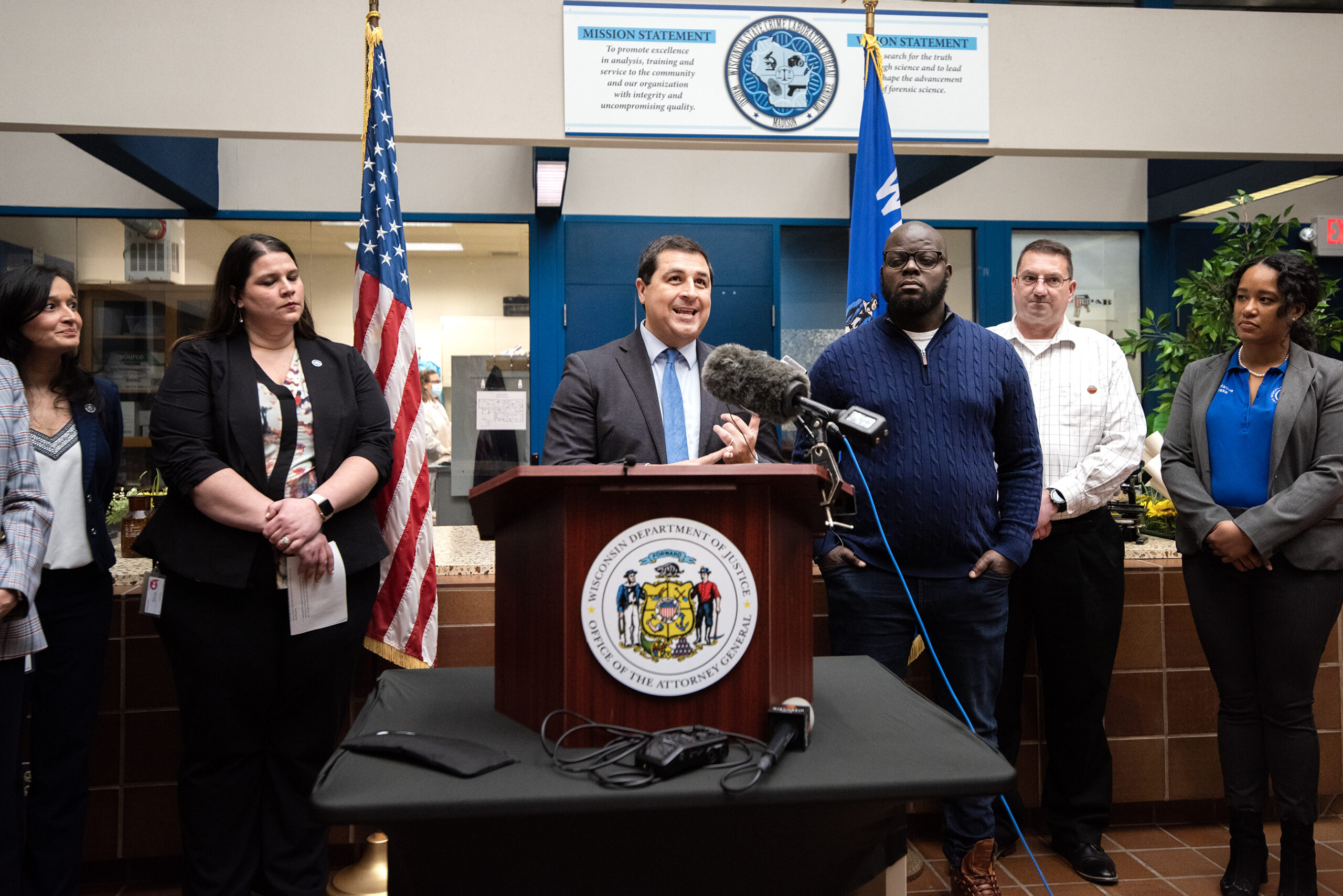Editor’s note: This story contains language and descriptions surrounding sexual assault.
A new initiative at the University of Wisconsin-Milwaukee aims to boost the number of specially trained sexual assault nurse examiners with a focus on offering culturally-informed care in the wake of extreme trauma.
When a person is raped or sexually assaulted, hospitals are often one of the first places a victim turns. Medical staff provide comfort treatment and, if a victim requests, can collect evidence that can be used in criminal cases.
Stay informed on the latest news
Sign up for WPR’s email newsletter.
Any nurse can provide this sort of care, but faculty at UW-Milwaukee want to grow the ranks of certified sexual assault nurse examiners who work with those who have experienced sexual assault, incest or abuse. With the help of a grant from the U.S. Department of Health And Human Services, Associate Professor of Nursing Peninnah Kako is directing the effort to recruit and train more specialists free of charge. According to the International Association of Forensic Nurses, there are fewer than 100 sexual assault nurse examiners in Wisconsin and a fraction of those come from Black, Indigenous and other marginalized populations.
Kako said the initiative will focus on culturally responsive care, recognizing that Black and Indigenous women experience sexual assault at higher rates than their white counterparts. She said LGBTQ+ individuals also are disproportionally impacted. Kako said women and men from those communities are less likely to seek medical care after an assault.
“They are speaking to the nurses from their perspective,” Kako said. “So, the nurses that take this course have a perspective from not only the facilitators, who are excellent clinicians, but also from the community, people providing care for this population.”
The goal is to train 10 sexual assault nurse examiners within the next year. By the end of the second year, Kako said the goal is to train 40 nurses.
UW-Milwaukee Research Assistant Jacqueline Callari Robinson said providing care for people who have experienced significant trauma in a busy emergency room can take a toll on nurses mental health. She said the COVID-19 pandemic exacerbated that and Wisconsin has lost certified nurses as a result.
With few specialists to begin with, Robinson said, the burnout can have real impacts on victims.
“So, the patient might have to travel or that (rape) kit could be collected by somebody who is not trained,” Robinson said. “But that is not the best case scenario.”
Kako said they’ve built a mentoring system into the UWM program to provide one-on-one support for trainees.
“After that, we’ll have nurses in a team, peer-type of mentoring support system whereby we will continue mentoring nurses through bringing in their feedback from them, discussing whatever they are seeing cases, whatever they need,” Kako said.
After two years in the field, Kako hopes those sexual assault nurse examiners will be able to begin training other nurses in their region.
“Hopefully we will get more funding to continue,” Kako said. “We are hoping that more and more people, more funders and policymakers will understand this, and health care systems will understand the need.”
Wisconsin Public Radio, © Copyright 2025, Board of Regents of the University of Wisconsin System and Wisconsin Educational Communications Board.





